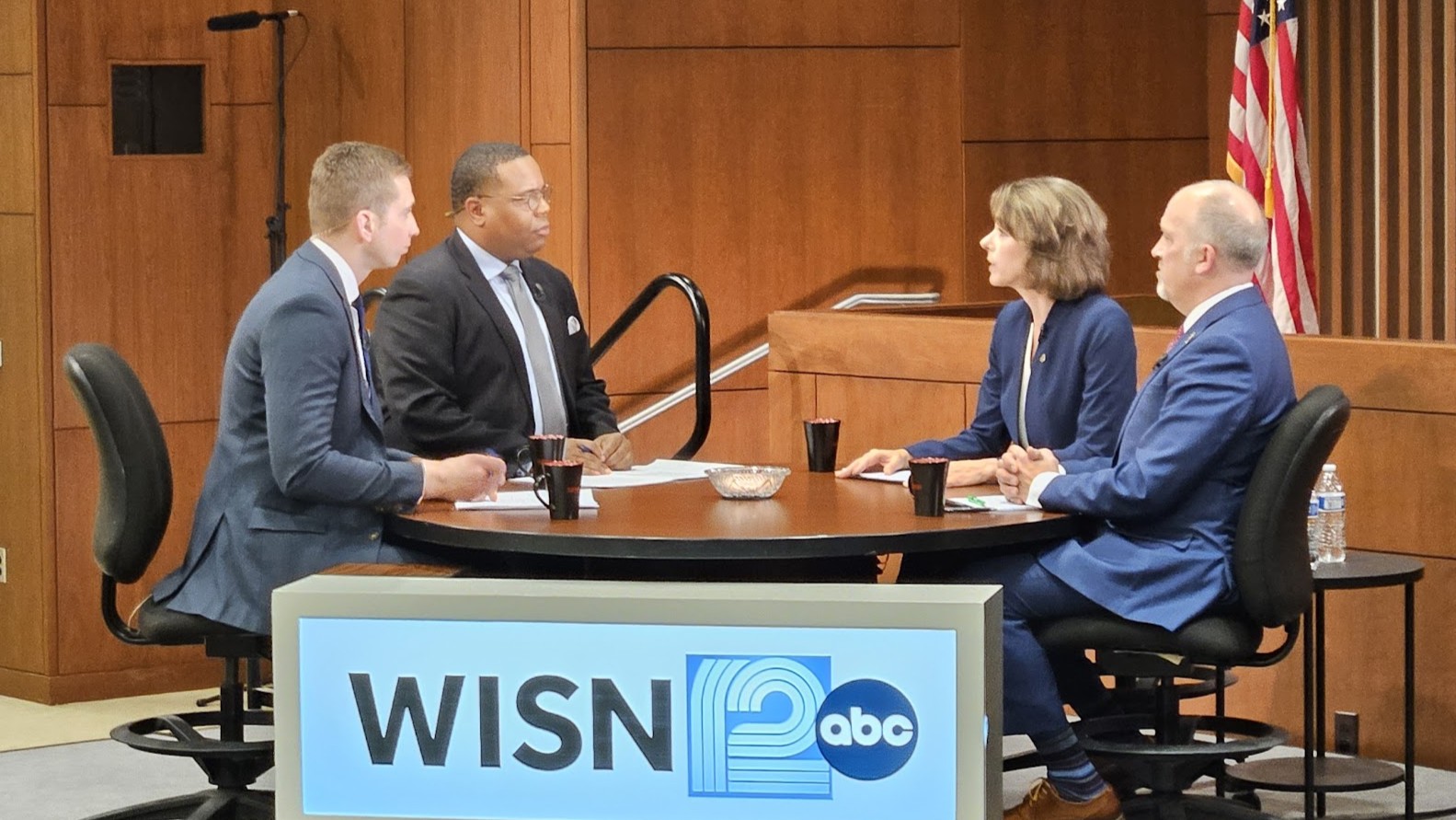MILWAUKEE -- Conservative Brad Schimel accused the liberal Wisconsin Supreme Court of carrying out a political agenda, saying if elected to an open seat he would help restore the rule of law.
Liberal rival Susan Crawford countered the former GOP attorney general was paying “lip service to the principle of impartiality and open-mindedness.” She added he’s made promises to supporters in private that...
Please log in to access subscriber content.
If you don't have a subscription, click here for a WisPolitics free trial and to view the different subscription options.


